Policies in place, but more needs to be done
- Nature Khabar
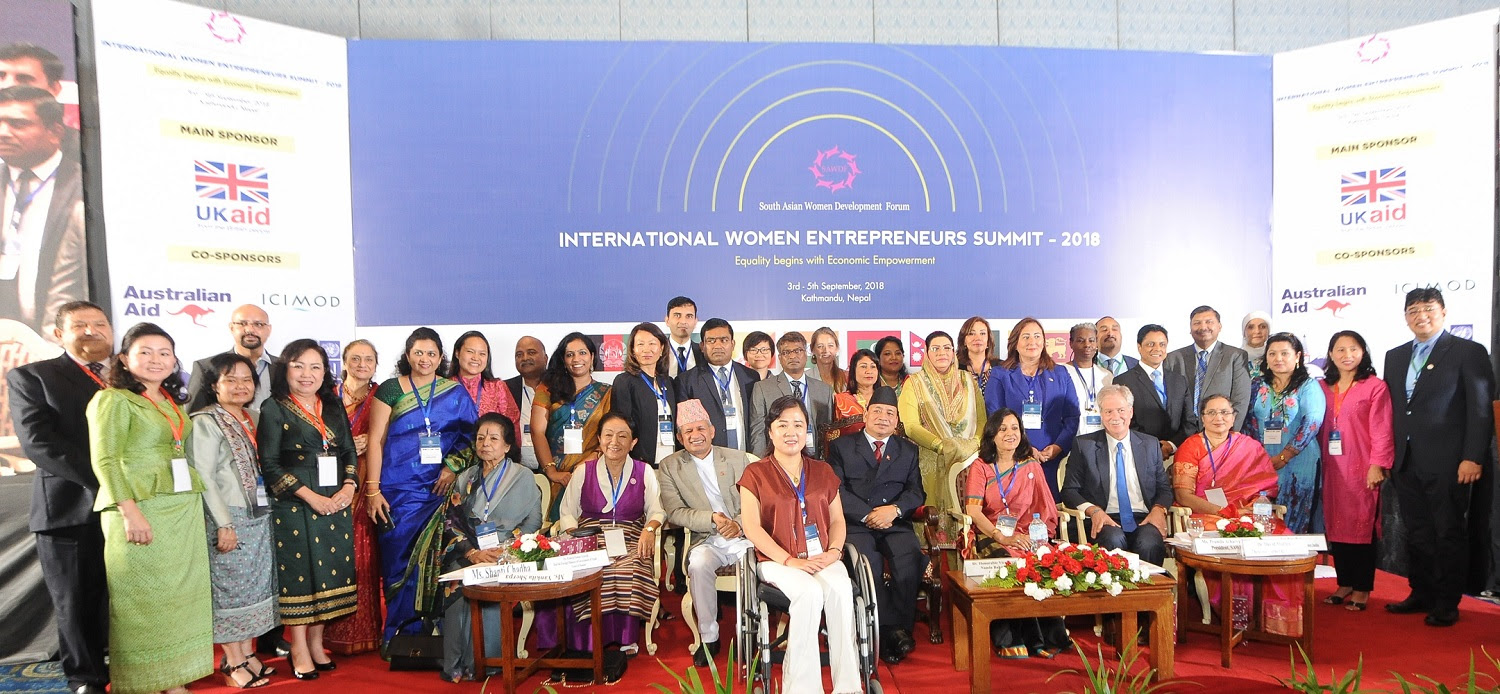
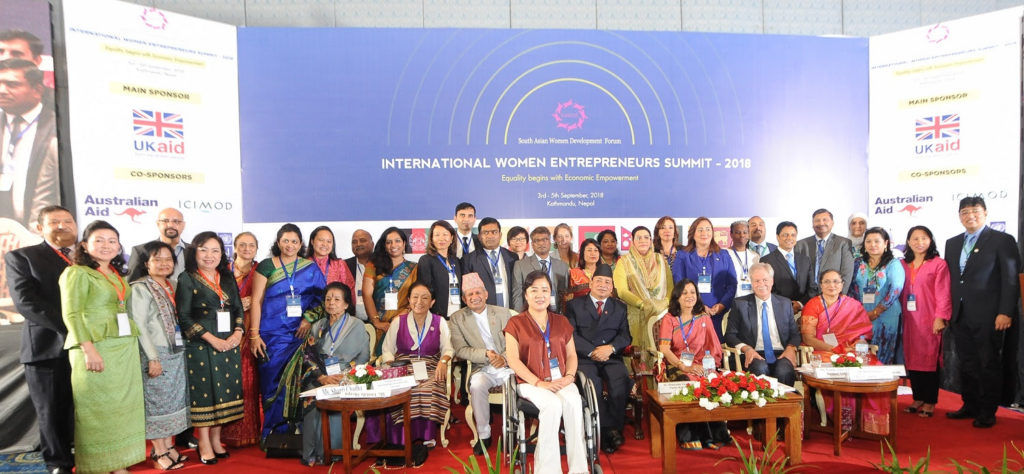
Although various governments have policies that are supportive of women-led Small and Medium Enterprises, much more needs to be done to address structural and other barriers to women’s empowerment. This was among the key findings of a study shared at the International Women Entrepreneurs Summit 2018 that concluded here today.
The three-day summit was organised by the South Asian Women Development Forum (SAWDF) sponsored by UKAid and co-sponsored by the International Centre for Integrated Mountain Development (ICIMOD), Australian Aid, UNCDF, Nepal Tourism Board, ESCAP and Prime Bank.
In his inaugural address, Vice President of Nepal, Nanda Bahadur Pun said that women’s empowerment is key to the economic development of any country. International summits like this help in developing linkages and promote economic empowerment among women entrepreneurs at regional and international level, which will benefit Nepali women entrepreneurs in the long run, he added.
He also launched a book: Reflections on Policies for Women Small and Medium Entrepreneurs: Status Challenges and Opportunities in Hindu Kush Himalayas and the SAARC Region, published by SAWDF in partnership with ICIMOD.
Minister for Foreign Affairs Pradeep Gyawali pointed out that women’s entrepreneurship goes beyond poverty reduction and socioeconomic development. Women in business contribute to wider women's empowerment and gender equality.
Director General of ICIMOD, Dr David Molden emphasized the importance of women owned/managed Small and Medium Enterprises for promoting inclusive development and greater equality in the HKH region. He reiterated ICIMOD’s commitment to promoting women’s empowerment in the HKH and stated that the exploratory study carried out by SAWDF and ICIMOD was to examine how existing SME policies in the various countries enable or restrain women entrepreneurs from engaging with and growing profitably in the market.
The various sessions provided a platform for a wide range of stakeholders - government officials, policy makers and entrepreneurs – to discuss policies measures and practices in sustainable tourism and gender inclusive trade and industrialization, as well as successful models for women entrepreneurial development.
Several speakers pointed out that although there are good policies in place, lack of coordination between departments and poor implementation remain major hurdles for women entrepreneurs.
Pramila Acharya Rijal, SAWDF President highlighted the need for women friendly policies to encourage women to pursue entrepreneurship. She also urged the participants to look into successful enterprise models which can be replicated across South Asia.
The summit on the theme ‘Equality begins with Economic Empowerment’ brought together international experts and delegates from over 27 countries, including delegates from the UK, USA, The People’s Republic of China, SAARC, ASEAN, EU, Africa, and Arab countries, with the aim of promoting business partnership among Nepalese and international women entrepreneurs. The summit concluded with the signing of MoU on partnership and collaboration.

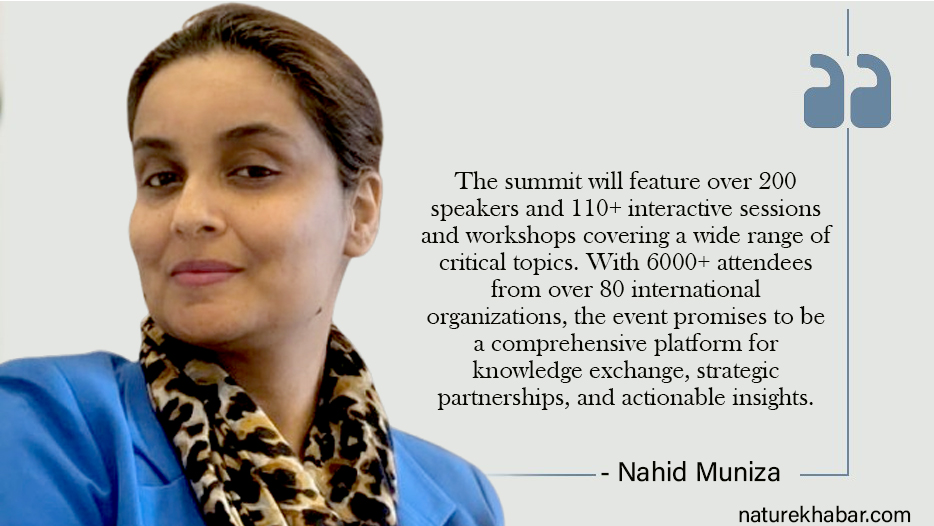
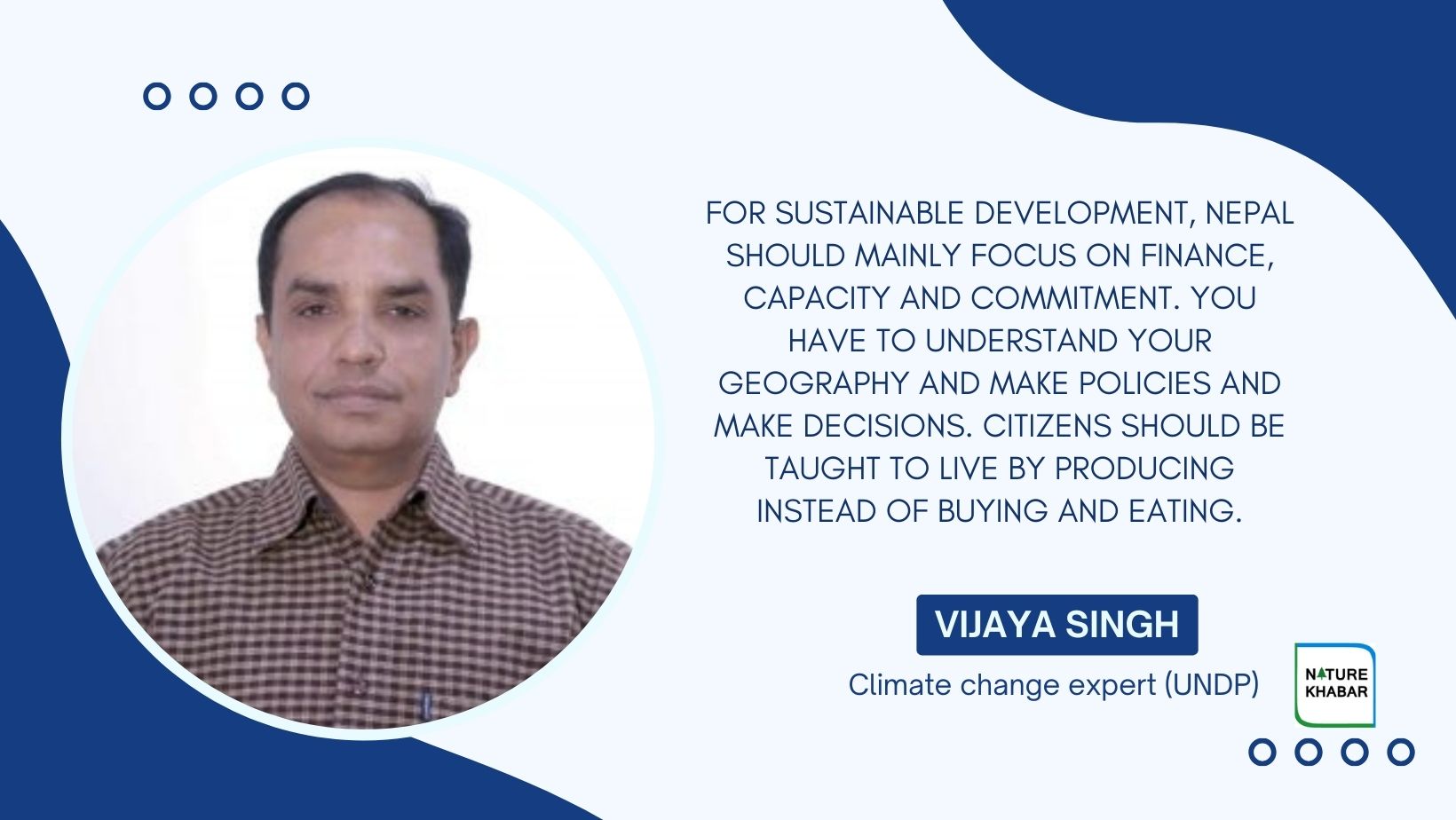
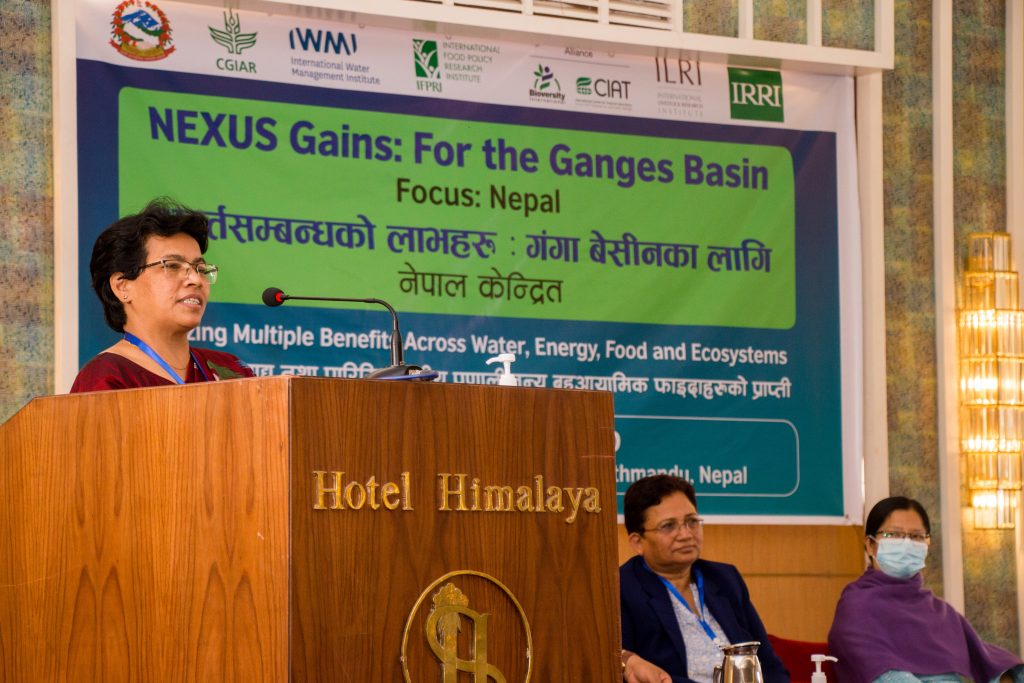

Feedback